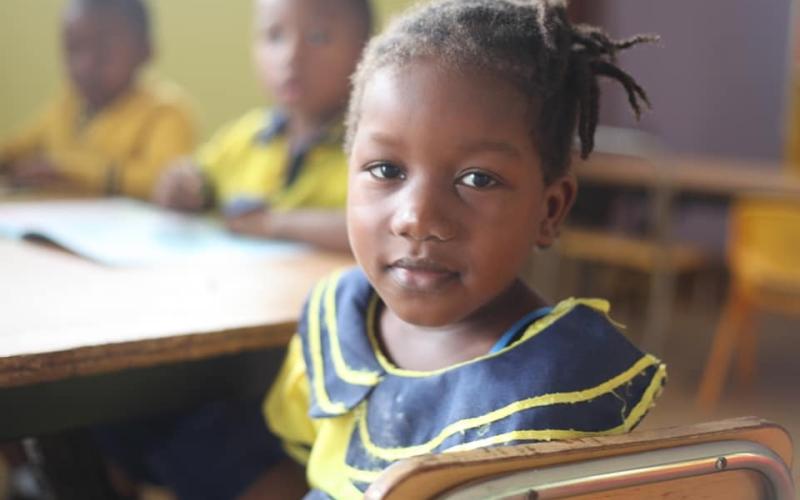
A child faces the greatest risk of premature death on their birthday. This is the case regardless of being born in a rich or poor country. However, families in developing nations are the most vulnerable to losing their newborns within the first couple of hours. According to a report published by Save the Children 98 percent of newborn deaths occur in developing countries, and families in Sub-Saharan African face the highest risk.
Sub-Saharan Africa is considered the most dangerous region to be born and has the highest global first day death rate. A baby born in Sub-Saharan Africa is 7 times more likely to die on their birthday than its counterpart in an industrialized nation. Somalia leads the regions with the highest birthday mortality rate, with 18 per 1000 newborns dying. However, Sierra Leone, a country Develop Africa has invested interest in, is not far behind with a rate of 17 per 1000 newborns.
Luckily, the majority of neonatal deaths originate from preventable and treatable causes. One of the most significant causes of death is maternal health. A Mother’s life is also insecure on the day of deliver. In Sierra Leone expectant mothers have the third highest risk of mortality in the world, and the odds of dying due to pregnancy or childbirth are 1 in 23. The prevalence of underweight and malnourished mothers contributes to the regularity of high-risk pregnancies. Undernourished and underweight mothers are more likely to have malnourished babies. However, improving women’s health and promoting healthy and varied diets, along with weight gain can have a significant impact on lowering newborn mortality rates. Although this may seem like a simple solution, the lack of healthcare workers in the region makes providing adequate prenatal care and guidance to expectant mothers difficult.
Insufficient healthcare transforms many of pregnancy’s treatable risk factors into early neonatal mortality. In Sub-Saharan Africa only about 50 percent of expectant mothers receive care from a skilled health care provider, and this is largely due to the dearth of healthcare professionals. In the region there exists an average of 11 doctors, nurses, and midwives per 10,000 people.
Sierra Leone is one of the countries facing an extreme shortage of healthcare workers; in country there are less than 2 per 10,000 people. The absence of skilled healthcare professionals, along with a host of other factors, contributes greatly to Sierra Leone’s high rates of maternal and newborn deaths. The presence of a skilled healthcare professional greatly increases a baby’s chance of birthday survival, but in areas where a shortage of skilled professionals persists community healthcare workers offer a necessary alternative.
Community healthcare workers have less training and fewer qualifications than skilled professionals, but their presence is equally valuable in saving lives. Their training allows them to diagnose and immediately treat birthing complications in the mother and child. Moreover, they have been essential in providing long-term support during and after pregnancy. For example community healthcare workers can effectively address the prevalence of malnutrition in mothers and newborns by offering prenatal and postnatal nutritional guidance. In an attempt to increase the presence of healthcare providers, Sierra Leone has begun to implement the use of community healthcare workers. Successfully integrating community healthcare workers is a step towards minimizing first day death rates in Sierra Leone, and possibly within the entire region.
It is often argued that investing in a country’s women and children will produce sustainable growth and development. Supporting, Sierra Leone’s initiative to provide free healthcare to all expectant mothers, breastfeeding mothers, and children under five, and integrate community workers into its healthcare system is essential to creating positive long-term development that aims to support the countries most vulnerable citizens.
Links for Further Reading
1.Africa Holds Worst Rates for First-Day Baby Deaths, Report Says
2.Sierra Leone’s Health Care System Becomes a Cautionary Tale for Donors
3.Supporting & Strengthening Maternal, Neonatal, and Child Health Services Using Mobile Phones in Sierra Leone: a research protocol
4.Surviving the First Day: state of the world's mothers 2013
http://www.savethechildrenweb.org/SOWM-2013/#/1/

